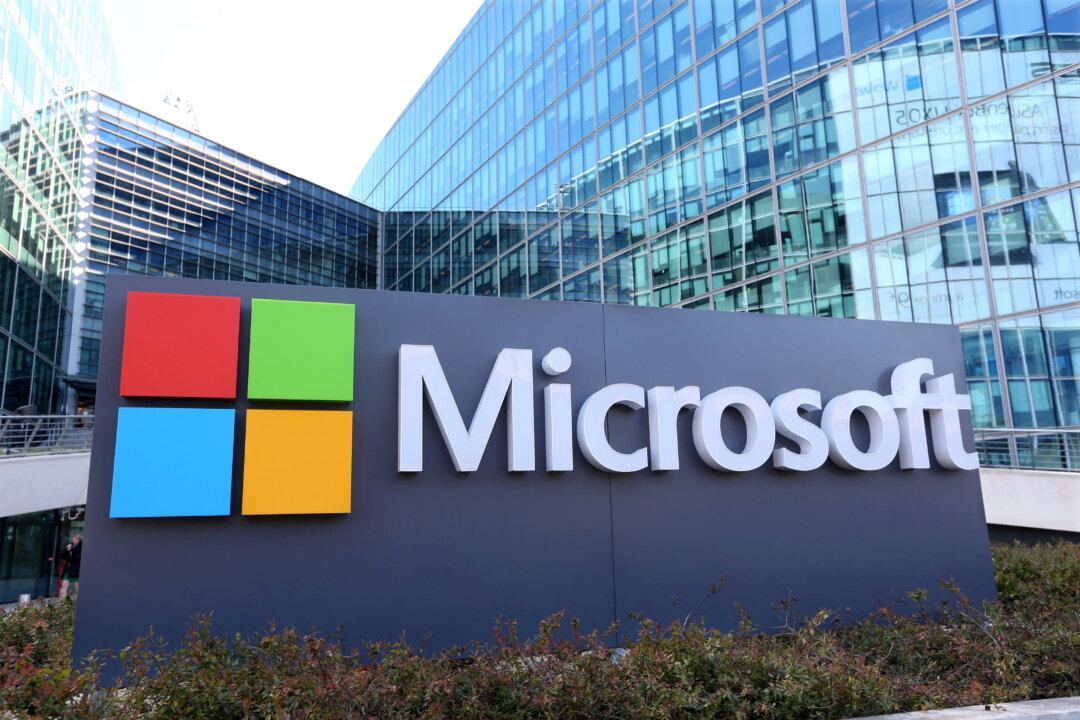Microsoft-owned search engine Bing is targeting politically sensitive Chinese names for censorship in the United States, according to research.
Citizen Lab, a cyber research center at the University of Toronto’s Munk School of Global Affairs, found that the censorship applied to Bing’s autosuggestion feature. Moreover, it impacts not only Bing but also the Windows Start menu search and DuckDuckGo, which share this same feature.




